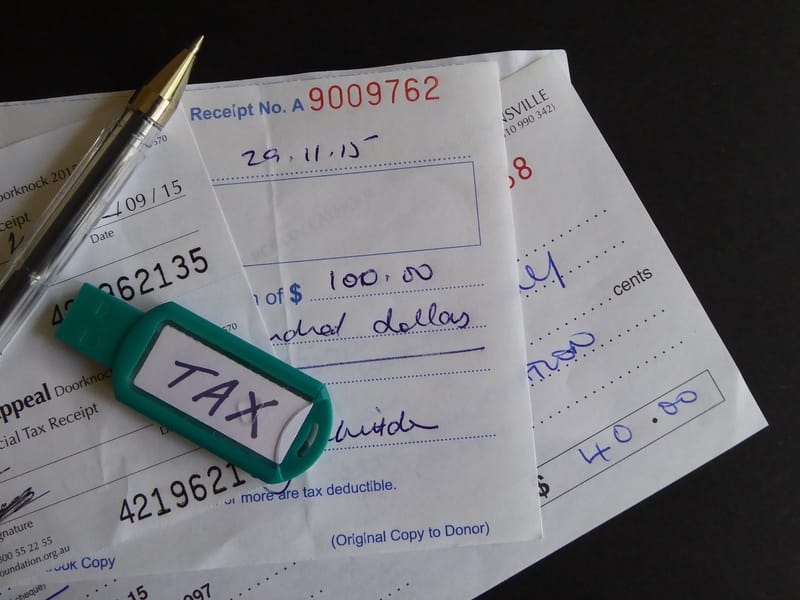Are Government Benefits Taxable?

Part of your Social Security benefits could be taxed, but it depends on your tax filing status and income.
Social Security tax is based on how much income you had during the year from all sources, as well as your filing status. So if Social Security was your only source of income the previous year, chances are you won’t be taxed. If you do have income from other sources, whether from wages or from investments or real estate holdings, the likelihood of being taxed on your Social Security benefits goes up.
The IRS has a three-tiered system to decide whether some Social Security benefits may be taxable. Add one-half of your Social Security benefits to all your other income, including any tax-exempt interest. You could see taxes taken out of your Social Security check if you made more than:
- $32,000 if you are filing married filing jointly
- $25,000 if you are single, a head of household, a qualifying widow or widower with a dependent child, or married and filing separately and did not live with your spouse at any time during the year
- $0 if you are married filing separately, but lived with your spouse at any time during the year
This formula includes monthly retirement, survivor and disability benefits. It does not include Supplemental Security Income (SSI) payments, since those are not taxable.
Other government benefits may or may not be taxable:
- Unemployment benefits are fully taxable as regular income.
- Disaster relief payments under the Disaster Relief and Emergency Assistance Act can’t be included in income if they’re to help meet necessary expenses for medical, dental, transportation, personal property or funeral expenses.
- Medicare – The costs for medical care under Medicare are tax free, and the premiums are tax deductible (if you itemize deductions).
- Jury duty pay is taxable.
- Food stamps are not taxable.


